How Does a Gas Storage Hot Water System Work? If you're a homeowner, chances are…
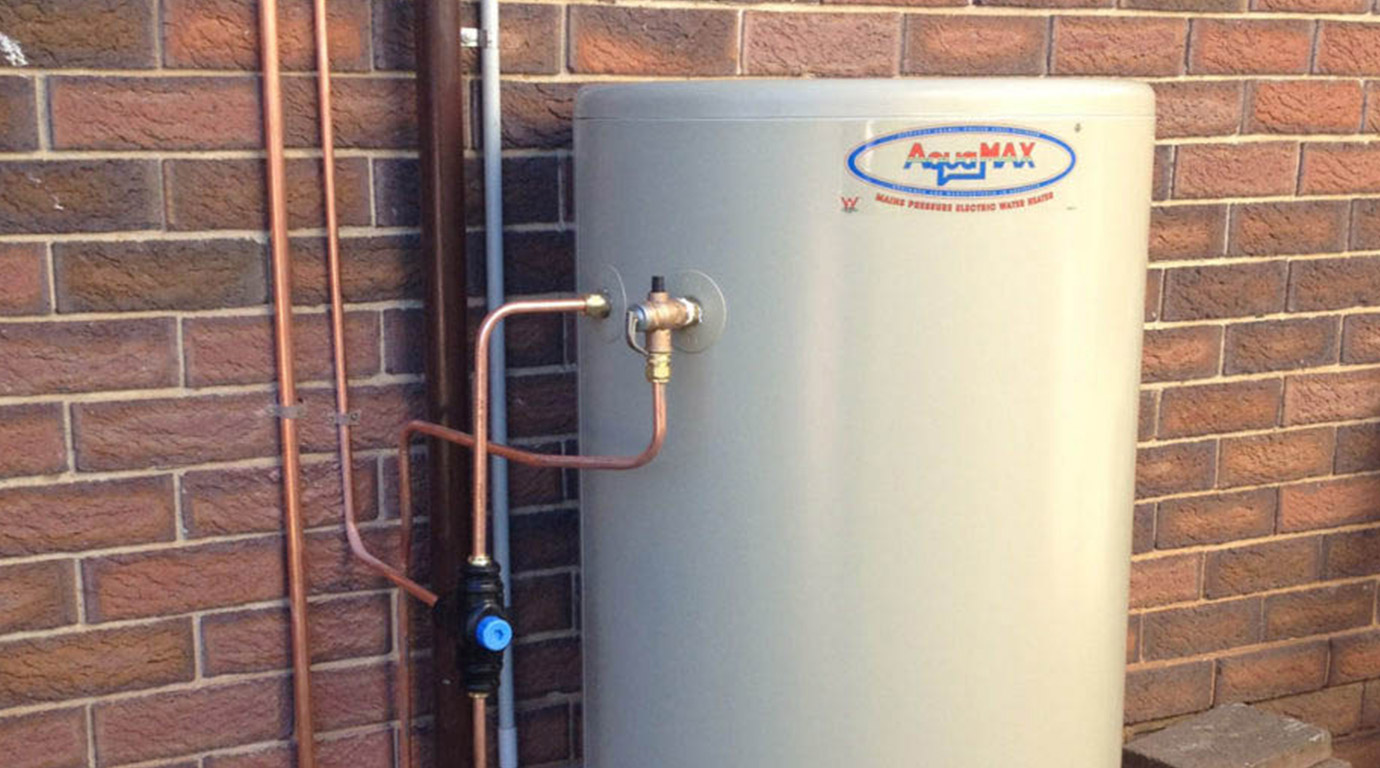
Why is Water Leaking from My Hot Water System
As a homeowner in Australia, discovering a water leak from your hot water system can be a concerning and frustrating experience. Hot water systems are essential for daily comfort, and any issue that affects their performance can disrupt your household routine. If you’ve noticed water leaking from your hot water system, you might be wondering what could be causing it and how to address the problem. In this comprehensive guide, we’ll explore the common reasons behind water leaks in hot water systems, troubleshooting tips, and the importance of seeking professional assistance when needed. Let’s dive in and uncover the mystery of water leaks from hot water systems.
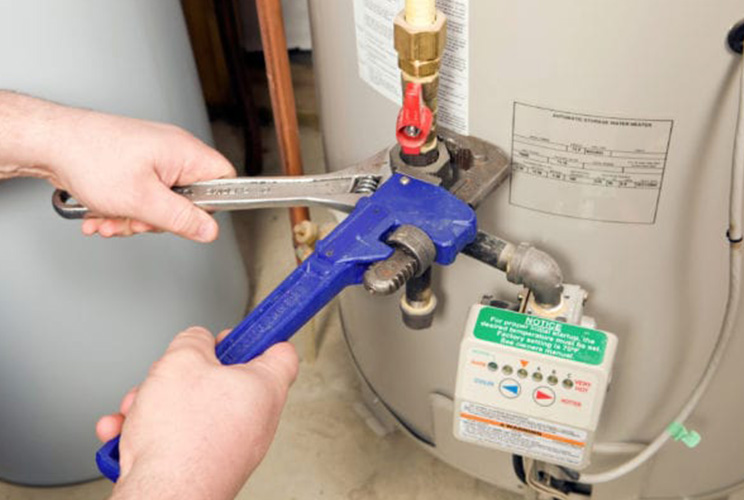
Contents:
- What is a Hot Water System?
- Types of Hot Water Systems
- Common Causes of Water Leaks from Hot Water Systems
- Troubleshooting Tips for Water Leaks
- The Importance of Professional Assistance
- When to Call a Plumber
- Why is Seeking Professional Help Important
Understanding Hot Water Systems
What is a Hot Water System?
A hot water system is a crucial home appliance that provides heated water for various domestic activities, such as bathing, washing dishes, and laundry. It typically consists of a water tank (storage hot water system) or a heat exchanger (instant/tankless hot water system) that heats and stores the water until it is needed.
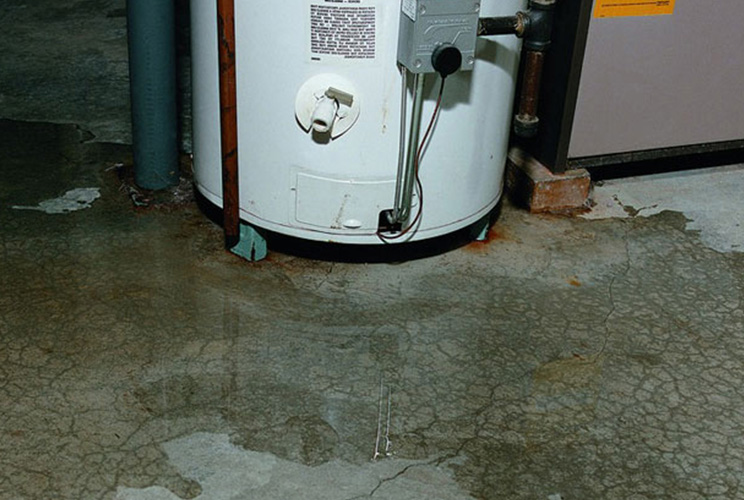
Hot water needs to be stored above 60°C in hot water systems to prevent bacteria growth (such as Legionella), but a tempering valve ensures that the water comes out of the tap at a lower temperature. Any hot water system before the 5th of August 1998, is unlikely to be tempered. – Victorian Building Authority
Types of Hot Water Systems
There are several types of hot water systems commonly used in Australian households:
- Storage Hot Water System: This traditional system includes a water tank that stores and heats water to a pre-set temperature. When a hot water tap is turned on, the pre-heated water is delivered to the tap.
- Instant/Tankless Hot Water System: Instant hot water systems heat water on-demand as it flows through the unit, eliminating the need for a storage tank.
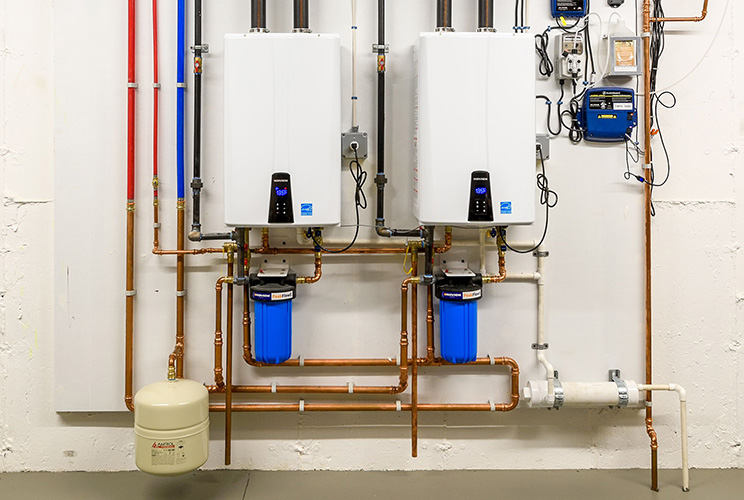
Common Causes of Water Leaks from Hot Water Systems
- Faulty Pressure Relief Valve
The pressure relief valve is a safety device designed to release excess pressure from the hot water system. If the valve is faulty or malfunctioning, it may cause water to leak from the system.
- Damaged or Worn Out Seals
Seals are used in hot water systems to prevent water from leaking at various connection points. Over time, seals can deteriorate, leading to water leaks.
- Corrosion
Corrosion can occur in storage hot water systems due to the interaction between metal components and water. Corroded parts may develop small holes, causing water to leak.
- Loose Connections
Loose connections in the hot water system’s pipes or fittings can allow water to escape and cause leaks.
- Temperature and Pressure Relief (TPR) Valve Issues
The TPR valve is another safety feature that releases water if the temperature or pressure inside the hot water system becomes too high. A malfunctioning TPR valve can cause water leaks.
TPR Valve Drain Line Installation Requirements in Victoria are as follows: the line must be copper or other suitable material, it must be the same size as the TPR valve outlet for the length of the drain, and if these lengths cannot be met, a tundish must be provided in a position where the lengths can be met and it must fall continuously to the termination point. The only form of interconnection permitted is with the drain line from a cold expansion valve fitted to the same water heater. No taps valves or other restrictions in drain line. Discharge must be readily visible, and it must not discharge directly to a safe-tray. – VBA.vic.gov.au
- High Water Pressure
Excessively high water pressure can put stress on the hot water system, leading to leaks.
- Expanding and Contracting Pipes
As the hot water system heats and cools, the metal pipes can expand and contract, potentially causing connections to loosen and water to leak.
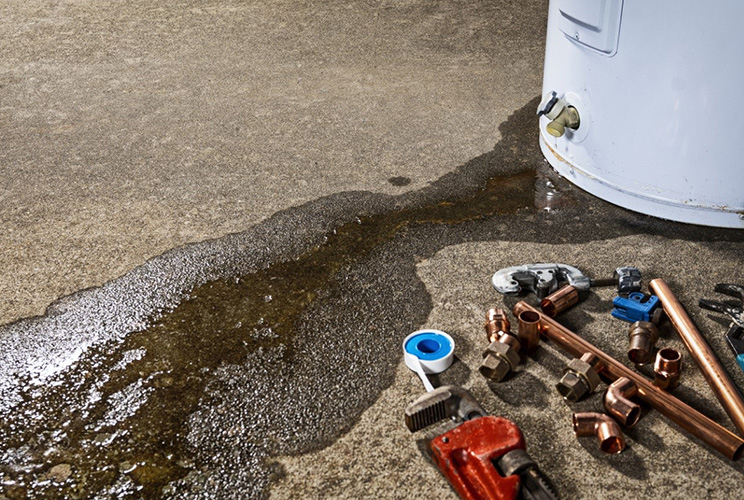
Troubleshooting Tips for Water Leaks
While some water leak issues may require professional intervention, there are some troubleshooting steps you can take before seeking assistance:
- Check the Pressure Relief Valve
Ensure that the pressure relief valve is functioning correctly. If water is leaking from the valve, it may need replacement.
- Inspect for Visible Leaks
Carefully examine the hot water system, pipes, and fittings for any visible signs of leaks. Look for water puddles, damp spots, or water drips.
- Check Water Pressure
Check the water pressure in your home. If it’s too high, consider installing a pressure-reducing valve to protect the hot water system and prevent leaks.
- Tighten Loose Connections
If you notice any loose connections, carefully tighten them to prevent water leaks.
- Observe the TPR Valve
Observe the TPR valve while the hot water system is heating water. If the valve releases water excessively or continuously, it may be faulty and require replacement.
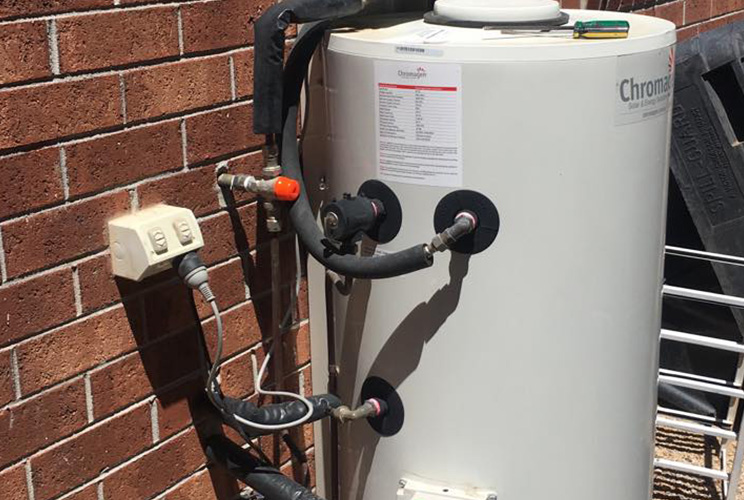
The Importance of Professional Assistance
While minor troubleshooting can be helpful, it’s crucial to seek professional assistance for water leaks from your hot water system. Plumbing and hot water system specialists have the expertise and tools to accurately diagnose the issue and implement the appropriate repairs or replacements.
- Safety
Water leaks from hot water systems can pose safety risks, especially if electrical components are affected. Professionals can address the issue safely and efficiently.
- Proper Diagnosis
Trained professionals can accurately diagnose the root cause of the water leak and ensure that all contributing factors are addressed.
- Quality Repairs
By hiring professionals, you can be confident in the quality of repairs, reducing the likelihood of recurring leaks.
- Warranty Considerations
If your hot water system is under warranty, attempting DIY repairs may void the warranty. Professionals can ensure that repairs comply with the manufacturer’s guidelines.
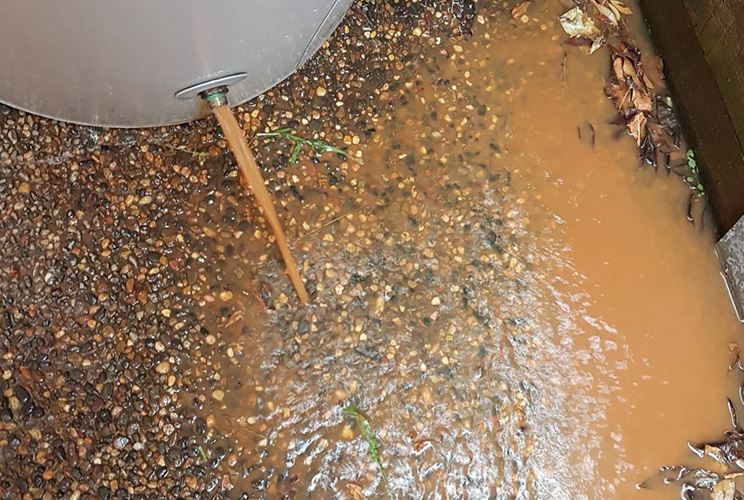
When to Call a Plumber
While some minor hot water system issues can be addressed through troubleshooting, certain situations warrant immediate professional assistance from a qualified plumber. Here are some scenarios when it’s essential to call a plumber:
- Continuous or Excessive Water Leaks
If you notice a continuous or excessive water leak from your hot water system, it’s crucial to call a plumber right away. Excessive leaks can lead to water damage and create safety hazards in your home. A plumber can quickly identify the source of the leak and implement the necessary repairs.
- No Hot Water
If you suddenly find yourself without hot water, it could be due to various reasons, such as a faulty gas supply, electrical issue, or a malfunctioning component within the hot water system. A plumber can diagnose the problem and restore your hot water supply promptly.
- Low Water Pressure
Low water pressure from your hot water taps can be frustrating and may indicate an underlying issue with the hot water system. A plumber can assess the water pressure, identify the cause of the problem, and implement appropriate solutions.
- Strange Noises
Unusual noises, such as banging, hissing, or popping sounds coming from the hot water system, could be a sign of sediment buildup or other issues. Calling a plumber to investigate the noises can prevent further damage to the system.
- Discolored Water
If the hot water coming from your taps is discolored or has a foul odor, it may be an indication of rust or sediment accumulation inside the hot water system. A plumber can flush the system and address the cause of the discoloration.
- Water Temperature Fluctuations
Inconsistent water temperatures can disrupt your daily activities and indicate a problem with the temperature controls or heating element in the hot water system. A plumber can diagnose the issue and restore stable water temperatures.
- Pilot Light Problems (Gas Systems)
For gas hot water systems, if you encounter issues with the pilot light, such as it not staying lit or not igniting at all, a plumber with gas system expertise should be called to address the problem safely.
- Gas Smells
If you detect the smell of gas near your hot water system, it could be a gas leak, which is a serious safety hazard. In such cases, evacuate your home immediately and call a licensed plumber with gas leak detection experience to address the issue.
- Hot Water System Age
If your hot water system is nearing the end of its expected lifespan (usually around 10-15 years for storage systems and up to 20 years for instant systems), it’s advisable to have a plumber inspect it for signs of wear and potential issues.
- Regular Hot Water Servicing
To ensure the optimal performance and longevity of your hot water system, it’s essential to schedule regular hot water servicing by a licensed plumber. Regular maintenance can prevent potential problems, identify minor issues before they escalate, and keep your hot water system running efficiently.
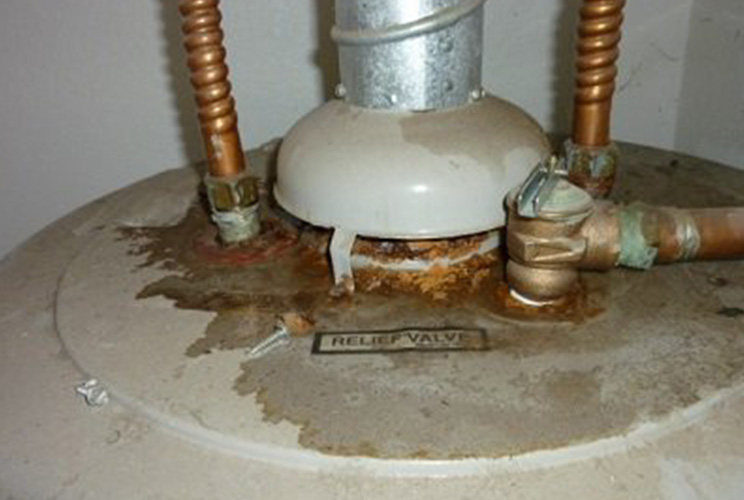
Updating to an efficient hot water system is a great way to reduce energy costs – energy.vic.gov.au
Why is Seeking Professional Help Important
Water leaks from hot water systems can be caused by various factors, including faulty pressure relief valves, damaged seals, corrosion, loose connections, high water pressure, and issues with the TPR valve. Troubleshooting minor issues can be helpful, but seeking professional assistance is essential for accurate diagnosis and quality repairs.
Regular hot water servicing can help prevent water leaks and identify potential issues early on. By scheduling annual hot water servicing and promptly addressing any water leak concerns, you can maintain the efficiency, reliability, and safety of your hot water system.
Remember, when dealing with hot water system issues, always prioritise safety and consult qualified plumbing or hot water system specialists for professional assistance. With their expertise, you can enjoy a consistently reliable supply of hot water for all your household needs.

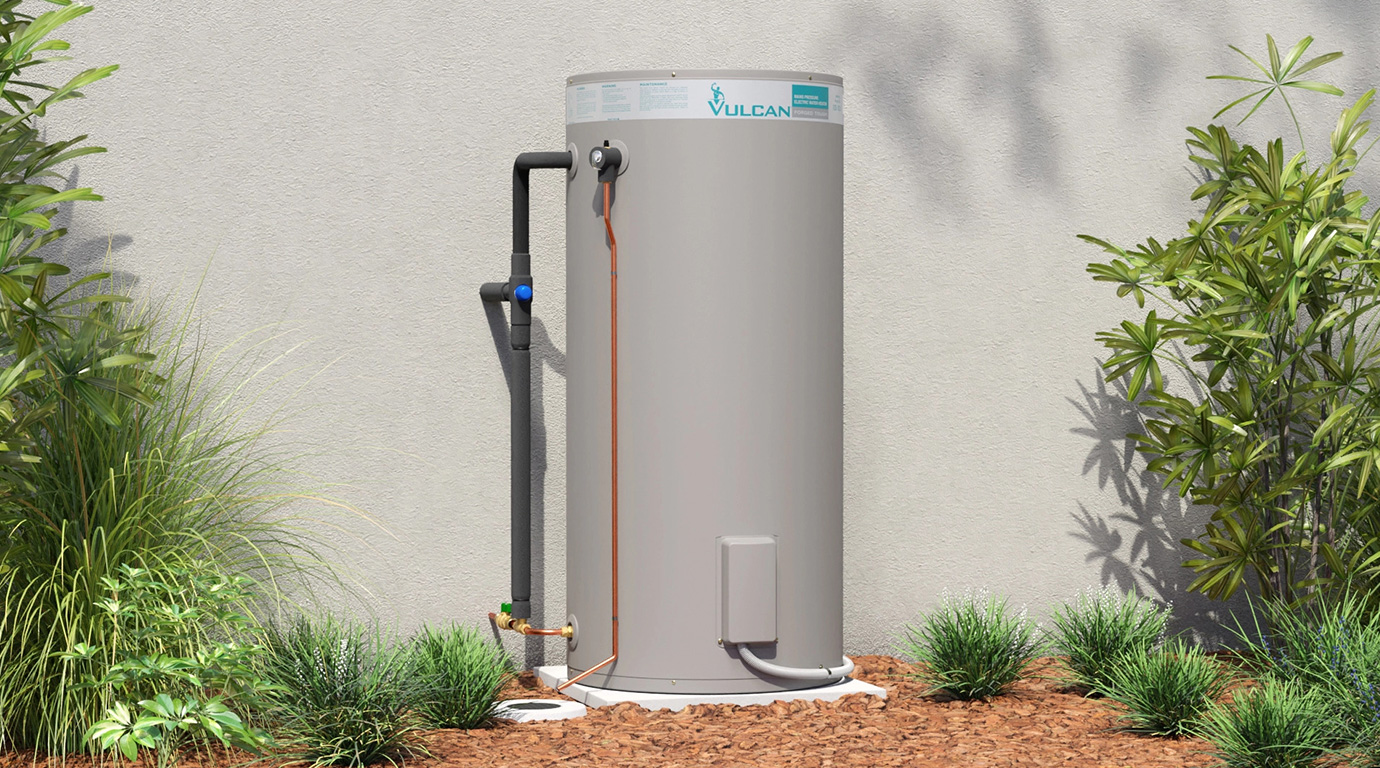
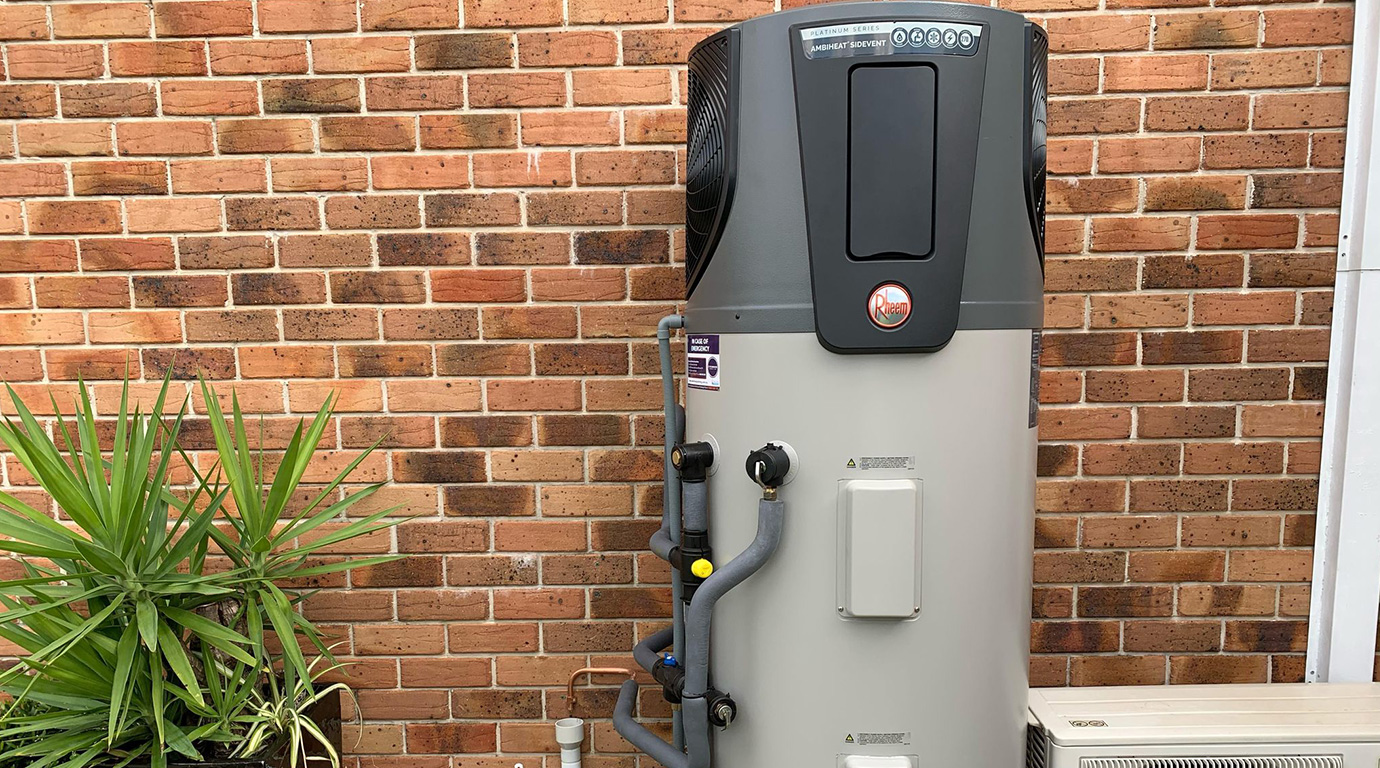
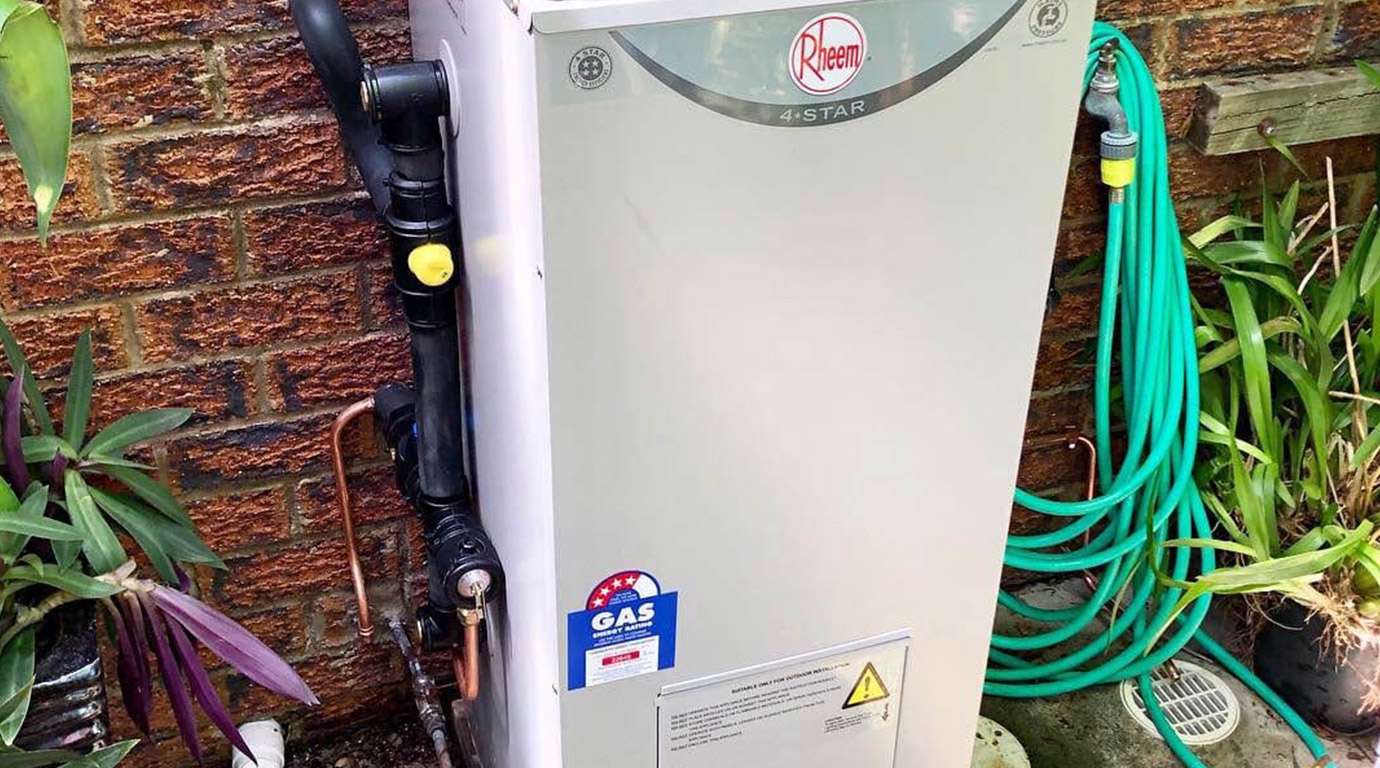
This Post Has 0 Comments